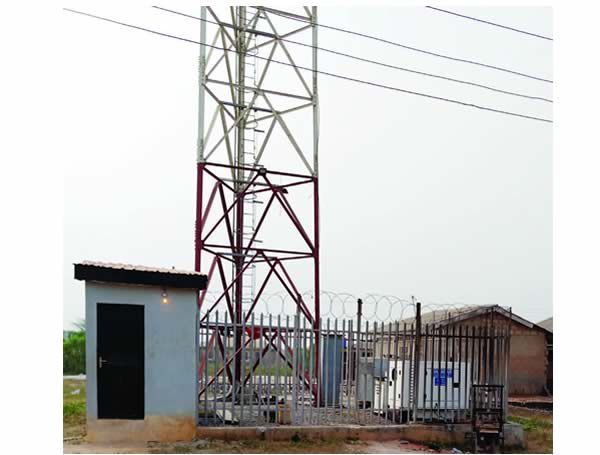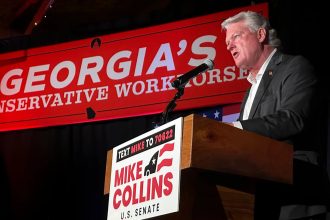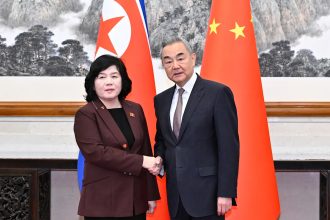IHS Towers, the company that keeps much of Nigeria’s mobile network running, is working with the country’s telecom regulator and security agencies to resolve a diesel supply blockade by oil sector unions that threatens to disrupt phone service for millions.
The infrastructure provider, which operates more than 16,000 base stations for Nigerian telcos, said the dispute is already before the courts and declined to share further details. The company confirmed its position to The PUNCH on Friday in response to queries about the crisis.
“We have, in the meantime, made formal reports to the Nigeria Communications Commission and relevant security agencies, and we are working with them towards a resolution of the ongoing matter,” IHS said in a statement.
MTN, Airtel, Globacom, and 9mobile rely heavily on diesel-powered generators to keep towers running due to unreliable grid electricity. A prolonged supply disruption risks cutting voice and data services for millions of users in the country’s $75bn telecom market.
On Tuesday, members of the Nigerian Union of Petroleum and Natural Gas Workers and the Natural Oil and Gas Suppliers Association of Nigeria blocked access to key diesel depots in Lagos, Kaduna, and Koko in Delta State. The blockade followed allegations by IHS that two companies linked to NOGASA were involved in diesel theft.
The Chairman of the Association of Licensed Telecommunications Operators of Nigeria, Engineer Gbenga Adebayo, on Thursday urged the unions to resolve disputes through legal and contractual channels, warning that disruptions to telecom services could have serious economic and security implications.
“While ALTON does not interfere in disputes between its members and third parties, we are gravely concerned about the wider implications of this action on national infrastructure and public safety,” he noted in a statement.
IHS reiterated its commitment to keeping Nigeria’s critical information infrastructure running and providing our customers with strong network uptime despite the ongoing dispute.
Under Nigerian law, telecom facilities are classified as Critical National Information Infrastructure, meaning intentional interference could attract penalties.
Nigerian telcos consume more than 40 million litres of diesel monthly, with annual spending exceeding $350m, according to industry data. Costs are about 37 per cent higher for rural and off-grid sites, where dependence on diesel is greatest.
To cut fuel costs and reduce carbon emissions, operators, including Airtel and MTN, are deploying hybrid energy systems combining solar panels and lithium batteries. The NCC and GSMA estimate that a shift to renewables could reduce operating costs by 30 per cent to 50 per cent.









